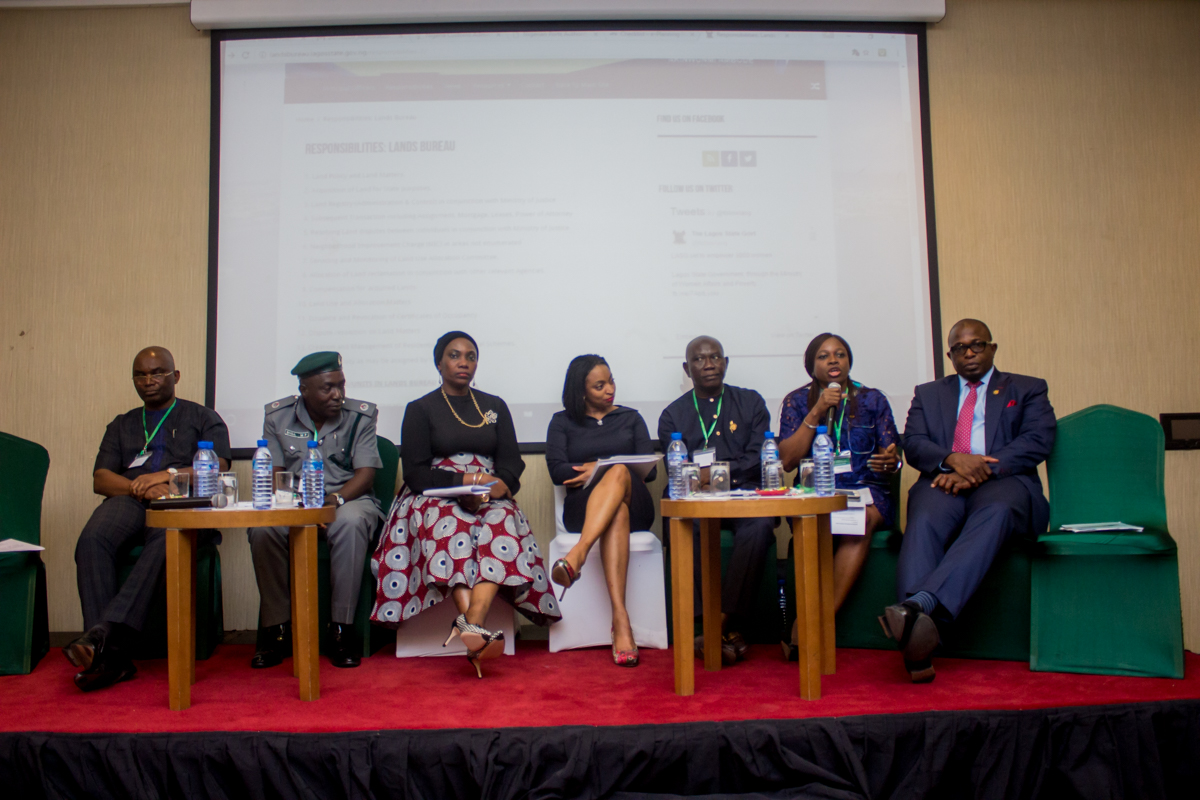The World Bank is to commence activities leading to the ranking of Nigerian States on their ease of doing business. This is based on a press release made available to Nairametrics by the Enabling Business Environment Secretariat (EBES).
In the press release, the Honourable Minister of Industry, Trade and Investment, Dr. Okechukwu Enelamah, and the Secretary to the Presidential Enabling Business Environment Council (PEBEC), Dr. Jumoke Oduwole disclosed on Thursday in a presentation to the National Economic Council (NEC), that Nigeria’s 36 states and the Federal Capital Territory (FCT) will be ranked based on an assessment of the ease of doing business within each location for the period 2014-2018.
The EBES has been working tirelessly over the last year to harmonize government activities, reduce incidence of multiple taxation, reduce bureaucratic bottle necks and implement new initiatives that can help ease business in the country.
Some of this work has led to the signing of executive orders, a few months ago by the Acting President Professor Yemi Osinbajo. The world bank typically ranks companies by gathering evidence in the field themselves rather than rely on the government’s information. They visit MDA’s, interview SMEs, test processes and turnaround times, review taxes etc.
Concerns have however arisen that Nigeria may not achieve its target of attracting a higher ranking despite the government’s efforts at easing business. The reality on ground suggest things are probably not going as planned.
Network issues at the corporate affairs commission has bedeviled the ability of the Corporate Affairs Commission (CAC) to achieve its 48 hours company registration target. Currently, it takes upwards of one week to two weeks to complete company registrations in Nigeria. Lawyers opine that despite efforts at introducing technology, most of the processes still require manual documentations and sign offs leading to delays.
The issues are the same across most government agencies including customs, NAFDAC and Standard Organisation of Nigeria SON. For now, the government will hope that things are better at the state level than Federal or that they improve ahead of World Banks final assessment.
Here is the press release ;
World Bank to rank Nigerian states on Ease of Doing Business
Nigeria’s 36 states and the Federal Capital Territory (FCT) will be ranked based on an assessment of the ease of doing business within each location for the period 2014-2018. This was disclosed on Thursday in a presentation to the National Economic Council (NEC) by the Honourable Minister of Industry, Trade and Investment, Dr. Okechukwu Enelamah, and the Secretary to the Presidential Enabling Business Environment Council (PEBEC), Dr. Jumoke Oduwole.
The Subnational Rankings will be undertaken by the World Bank Group, with the Enabling Business Environment Secretariat (EBES) and the Nigerian Investment Promotion Council (NIPC) providing support to the state governments as they implement their priority reforms.
The eleven indicator areas to be ranked include four World Bank indicators and seven additional areas of interest that are governed or implemented by state governments. The World Bank indicators are Starting a Business, Enforcing Contract, Registering Property and Dealing with Construction Permits. The seven additional indicator areas include Trade/Investment & Marketing, Infrastructure, Access to Land Property, Regulatory Environment, Institutional support & business resources, Transparency & accessibility to information and Security.
Unlike the global World Bank Doing Business Rankings which evaluates nations based on the performances of one or two major cities, the sub-nationals would rank all states, capture local differences, help regions compete and tell their stories, and provide replicable good practices.
The subnational process cycle which has already begun will culminate in the release of the report and rankings in the first half of 2018.
The National Economic Council (NEC) is chaired by Acting President Yemi Osinbajo (SAN) and comprises of the 36 state governors, the governor of the Central Bank of Nigeria (CBN), and other officials whose portfolios revolve around the economy. The Muhammadu Buhari administration has placed ease of doing business at the heart of its agenda. In July 2016, President Muhammadu Buhari established the Presidential Enabling Business Environment Council (PEBEC) with a mandate to remove bureaucratic and regulatory constraints to doing business in Nigeria. The Council is chaired by Acting President Yemi Osinbajo, SAN.
The 2018 Nigerian subnational rankings will be the fourth in the series, following similar efforts by the World Bank in 2008, 2010, and 2014. Since 2005, the World Bank Subnational Reports has benchmarked 438 locations in 65 economies.
WHY MEASURE AT SUBNATIONAL LEVEL?
There is a strong correlation between Ease of Doing Business Rankings and economic prosperity. The World Bank global Ease of Doing Business Rankings evaluates 190 countries across 11 indicator areas. However, depending on a country’s population, the World Bank collects data from only one or two cities in each participating country. In Nigeria, the two cities from which the Bank collects data are Lagos and Kano.
The sub-national rankings are more encompassing for the following reasons:
- Data collection goes beyond just those two states to all 36 states and the FCT
- Local differences are captured
- Different states are able to compete and tell their stories
- Best practices can be shared and success stories replicated.
SOME BENEFITS OF EASE OF DOING BUSINESS TO STATES
- Jobs and improved quality of life for citizens
- Competitiveness and investment readiness
- Improved efficiency and transparency
